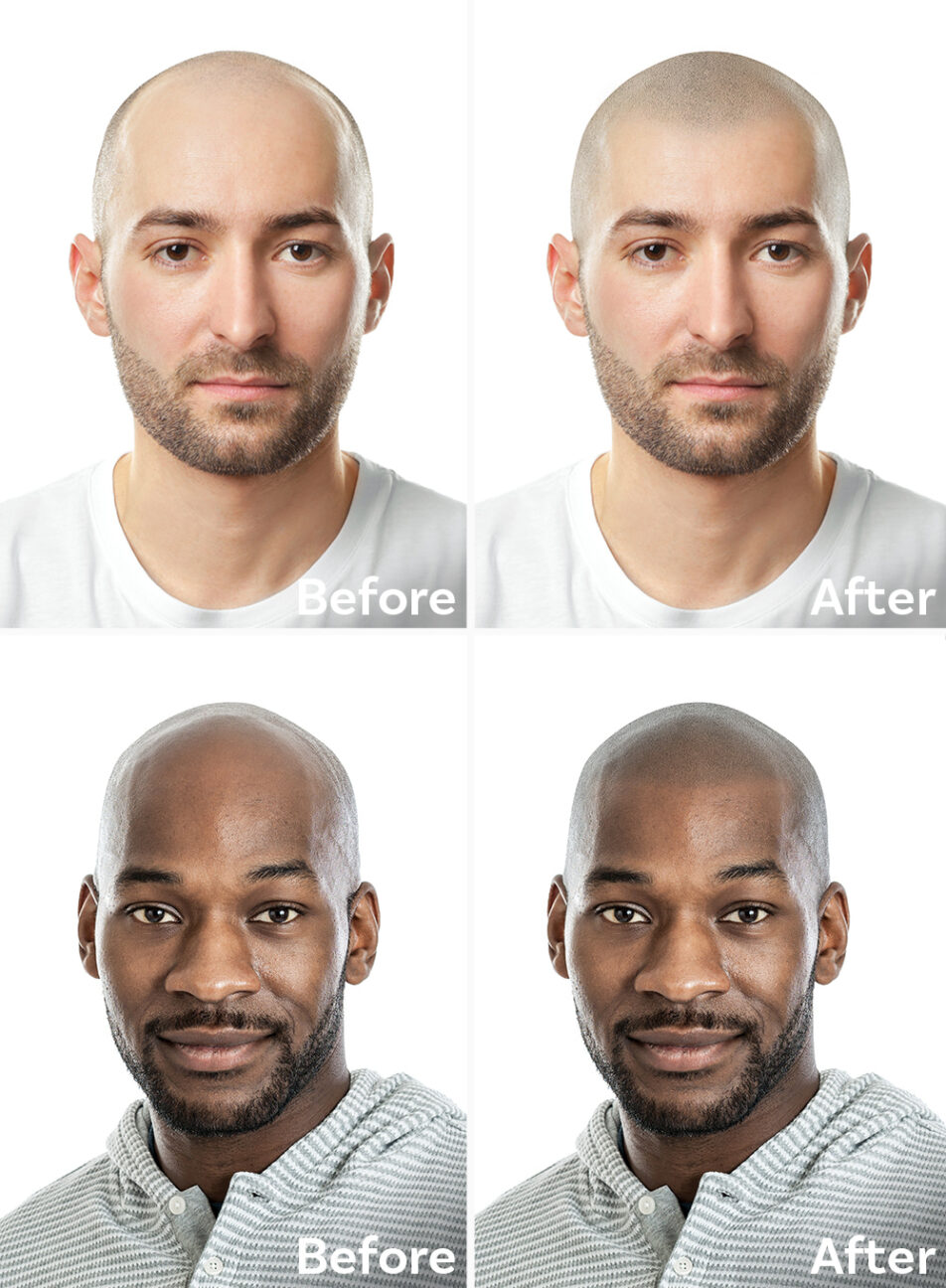Prostate Pill Found To Cause Hair Growth New Study Reveals
Last week some unexpected news arrived in the field of hair loss research. The study suggested that a prostate pill, used to treat prostate cancer, could cause hair growth. A study was carried out on a group of 17 women, and after a few weeks of taking a drug called bicalutamide, over half experienced ‘significant’ hair growth.
Despite being a relatively small sample size, the findings are strong for further hair growth research.
How does the treatment work?
The prostate pill that has been found to improve hair growth is the drug bicalutamide. When used for prostate cancer treatment, the drug works by preventing testosterone from reaching cancer cells. That is because prostate cancer uses the male hormone testosterone to grow. Thus, by blocking this hormone, the growth of the tumour is slowed. Potentially, it has the power to even reduce the cancer in size..
Scientists thought the testosterone-blocking effects could be beneficial for helping to female hair growth because the hormone plays a key role in the development of the most common form of hair loss in women, androgenetic alopecia.
It is often thought that testosterone is only present in men, but women also have the hormone and it can lead to hair follicles being attacked to accelerate hair loss. Women in the post-menopause stage experience a drop in oestrogen levels allowing testosterone to become more dominant, which can lead to higher levels of hair loss.
Results of the early tests
Experts believe that as many as 1 in 3 women are affected by hair loss of some kind. Compared to men, it starts at a later stage of life for women. Symptoms of hair loss are most likely to appear in women aged in their 50s or 60s.
A common drug used to promote hair growth is minoxidil. But, the side-effects such as headaches and skin rashes, is enough to put many people off the drug.
Scientists recently decided to try a new trial using bicalutamide, which was taken in pill form by patients. For a minimum period of six months, women took the pill either daily, or every other day. The results of the pilot study were published in scientific journal, Dermatologic Therapy, stating that as many as 54% of the trialists had experienced a ‘great improvement’ in hair density.
Dermatologists involved in the study based their results on visual analysis that took place before and after the treatment course. While taking the drug cancer patients can experience side-effects. Despite side effects as hot sweats and rashes, there were no ‘significant’ adverse reactions.
The trial was conducted by Ramon y Cajal University Hospital in Madrid. Scientists are extremely pleased with the initial prostate pill study results. They believe it could prove to be a useful option for women to treat hair loss. Other studies carried out involving similar anti-testosterone drugs such as spironolactone have also shown similar results in early stage trials.
What to do about hair loss now
If proven to be successful after further clinical trials, bicalutamide could come available to the wider public one day. However, these things take a long time.
Scalp micropigmentation is a great way to add density to thinning hair. SMP works by reducing the appearance of parts of the scalp that are thin or bald. The amount of sessions required depends on the individual, but by visiting one of our clinics our skilled technicians can provide guidance and answer any questions you may have. It is a non-envasive treatment that requires no surgery or downtime. It can help you regain your confidence to make you feel like yourself once again.
Top Related Posts:
Does Scalp Micropigmentstion Damage Hair Follicles?
7 Interstesting Facts About Hair
Understanding The Three Phases Of Hair Growth
Synthetic Sandalwood Prolongs Hair Growth
Can hair loss be a warning sign for prostate cancer?



